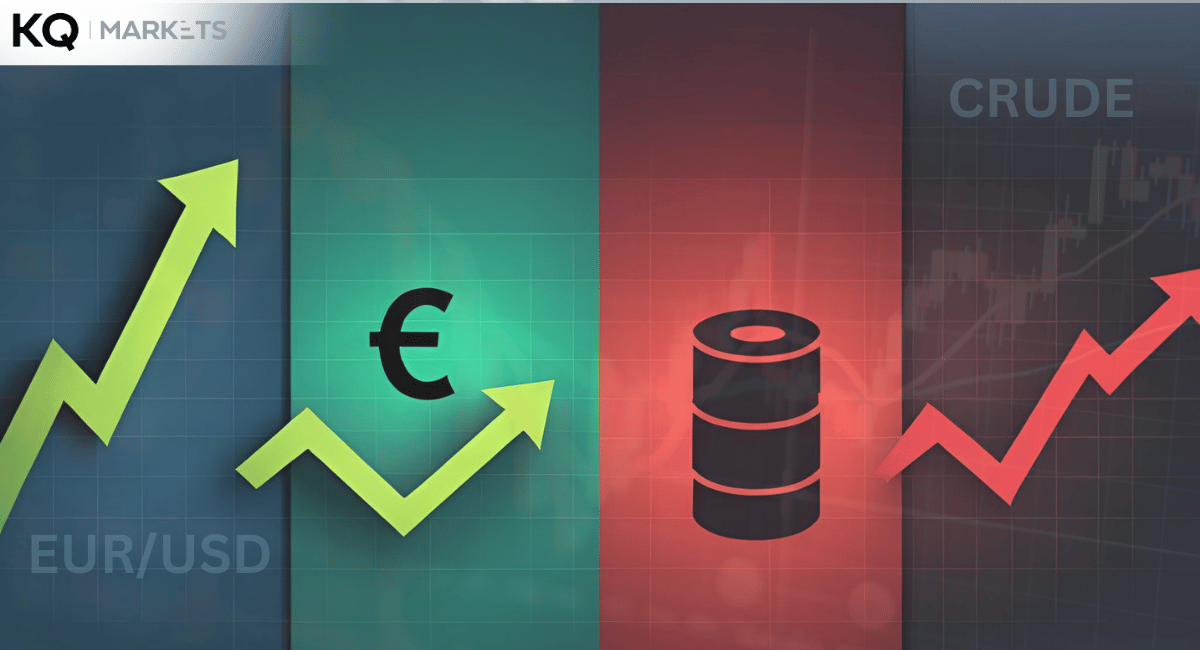The latest sanctions expansion on the Russian financial sector seeks to disconnect her three largest banks from the global payment networks. Targeted banks include the state-owned Sberbank. In general, Sberbank is Russia’s top lender. Other banks are the Russian Agricultural Bank and the Credit Bank of Moscow.
This report comes following a European Union agreement. Ursula von der Leyen (the EU president) said that this sanction will hinder most systemically vital banks to the country’s financial system. The sanction also aims to shrink Putin’s wage destruction ability.
Several Russian major banks like the VTB (second-largest bank) have already pushed off SWIFT. Nonetheless, the European Union has slowed confiscating banks like Sberbank that handle energy transactions. Experts now believe this move might mean less impact since other sanctions now seek to phase out Russia crude oil imports within six months.
The Sberbank accounts for about 37% of the Russian financial system. Thus, Russia's banking disconnection from SWIFT is a massive blow to her fragile economy. Russia is increasingly facing cut off from their finance mainstream.
SWIFT is not a transfer system, but it generates messages to authorize and support payments. Thus, it is a vital factor for the easy functioning of financial institutions. The system processes more than 40 million messages daily.
The EU president explained that disconnecting Russian banks from SWIFT would help solidify Russia’s total isolation and suspension from the global system. However, experts contemplate that Russia might seek refuge in SWIFT alternatives.
What's the Impact on Russian Banks?
Russia established the SPFS (System Transfer of Financial Messages) in 2014. It is the country’s independent ruble based exchange system. They also have access to other options like the CIPS (China’s Interbank Payment System). In any case, the SPFS is the most popular transaction system for most hit banks in Russia.
It is also a popular option for about 52 foreign organizations in more than 12 countries. Nevertheless, the Russian Central Bank has refrained from naming other users. Putin’s administration has persuaded several emerging economies to opt for the SPFS system. The most targeted countries include South Africa, China, India, Russia, and Brazil.
Anton Siluanov (Russian Finance Minister) warned these countries in a BRICS ministerial meeting to learn from the sanctions they face in the world financial systems. He advocated speeding up their own financial messaging system and payment systems integration.
Furthermore, China and Russia are working together to establish a connection between their financial systems to facilitate Asian payments. Other reports indicate that China is still purchasing cheap oil from Russia despite the threats of breaking sanctions.
Final Remarks
The crisis in Ukraine is worsening, and more people have lost their livelihood. Hence, the European Union is stringent about imposing severe sanctions on Russia to help curb the invasion. Sanctions play a crucial role in keeping nations compliant with human rights.
Nonetheless, this approach faces challenges from countries like China that are side-lining Russia. For that reason, the European Union has warned to impose intense penalties on Russia’s counterparts.






